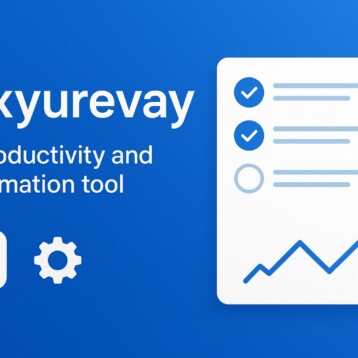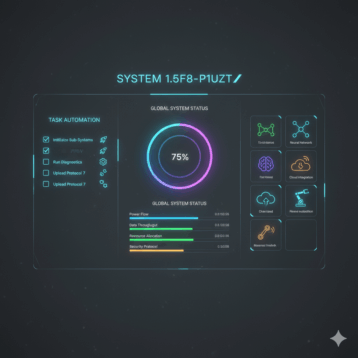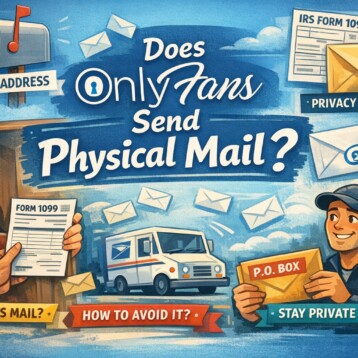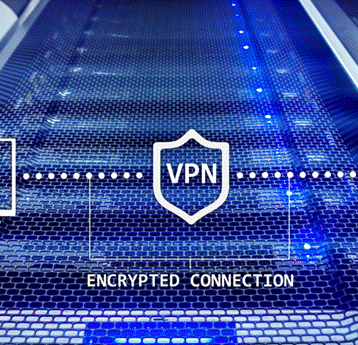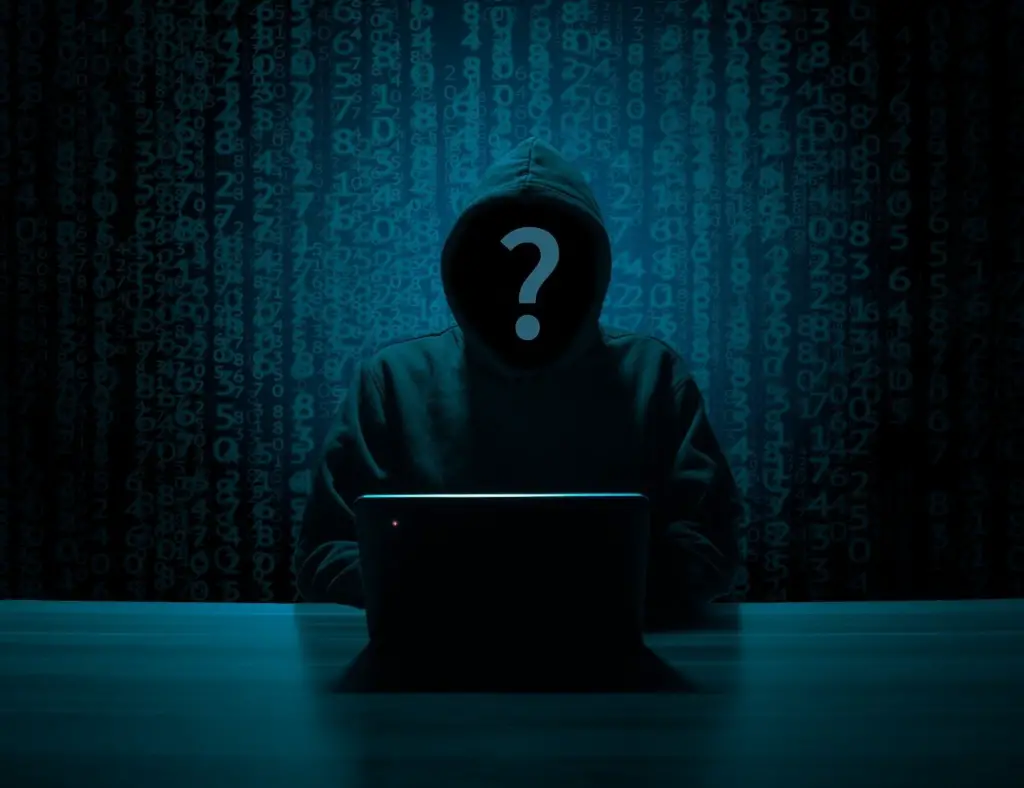
For six years, a hacker-for-hire group named “Void Balaur” has been stealing data from government officials, human rights activists, and politicians worldwide. Since 2015, this underground group has been hacking personal and sensitive data from thousands of people for financial gain. All while going undetected year after year.
Some of the information that the group has been amazing includes credit reports, passport details, text messages, banking records, cell phone call logs, and passenger flight records. All of which can be sold for huge sums of money to whoever is willing to pay the highest amount.
The group has been mainly operating underground in various areas of Russia, although they have also been traced to parts of Ukraine, Kazakhstan, and Slovakia. The group’s victims are located in the U.S., Israel, Japan, India, and parts of Europe.
Trend Micro researcher Feike Hacquebord said in a profile published about Void Balaur:
“This hacker-for-hire group does not operate out of a physical building, nor does it have a shiny prospectus that describes its services. The group does not try to wriggle out of a difficult position by justifying its business, nor is it involved in lawsuits against anybody attempting to report on their activities. Instead, this group is quite open about what it does: breaking into email accounts and social media accounts for money.”
The shocking nature of such seemingly easy and brazen crimes really highlights how vulnerable and often at-risk people’s information is. If high-profile people can be hacked, then ordinary people can as well.
How to Avoid Being Hacked
Since no one wants to deal with the stress or possible financial implications of being hacked. We’ve listed some of the top ways to avoid such a situation below.
1. 2-Factor Authentication
This security measure is becoming commonplace with most online accounts now, from banking to shopping apps and more. Rather than just using a username and password, you will be prompted to authenticate yourself with the second piece of information. Usually, this is in the form of receiving a text or email with a code number or answering an additional security question. Enable 2-factor authentication on any app or account that uses it.
2. Install a VPN
A VPN lets you surf the internet as you normally would but use a virtual private network instead of your network. Or a public network if you’re using public WiFi.
This VPN will keep your private data encrypted and prevent hackers from seeing or downloading anything on your network.
Connecting to a VPN for Mac or other devices before using the internet is a fantastic way to keep your private info and files safe and unexposed.
Using a VPN is especially vital if you’re using public WiFi in a cafe or library.
3. Delete Old Emails and Files
Often, it’s easy to forget to delete old emails and old files off your computer. And eventually, you can have years’ worth of information from hundreds of different people and companies. The kind of information that hackers can trawl through and extract for their gain.
You may have had conversations in the past with friends, your bank, your insurance company, and others. All of these conversations can contain revealing information about you or your accounts. Delete anything you don’t need straight away.
4. Use Antivirus Software
Antivirus software is there to protect your computer from harmful viruses, malware, and Trojans. And it does a great job. Never surf the internet or download files without having antivirus software on your device.
5. Change Passwords Regularly
This one cannot be stressed enough. Using passwords for years can make accessing your accounts easier than it should be. Change them regularly. In addition to this, use different passwords for different accounts.
Final Thoughts
The reality is that there are hundreds, thousands of groups like this one operating worldwide. The luxury of the internet that we experience comes with some harsh negatives. Mainly how unknown people can access and manipulate personal data and sell it to the highest bidder. No matter who they are.
However, implementing the right security steps such as using antivirus, deleting old files, changing your passwords regularly, and installing a VPN for Mac and other devices will prevent you from becoming the next victim.
You must stay vigilant no matter how unlikely you think it is that something could potentially happen to you or your device!



